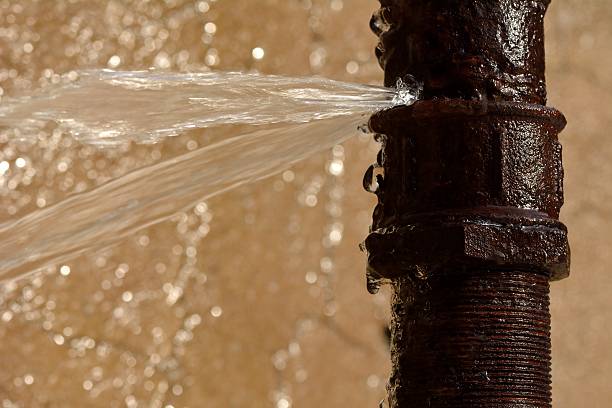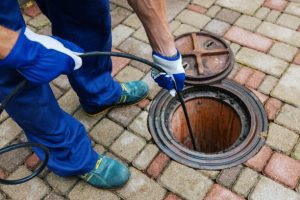Understanding Why Burst Pipes Happen
Burst pipes can occur for many reasons, and understanding the causes helps prevent serious damage. Temperature changes often cause pipes to expand and contract, creating weak points. Over time, corrosion, pressure buildup, or poor insulation may cause them to burst suddenly. Tree roots and shifting soil can also damage underground pipes, increasing the risk. When a pipe bursts, it can flood your home quickly and ruin walls or flooring. Therefore, acting fast is crucial. To ensure proper diagnosis and repair, contact a certified plumbing specialist who can inspect and fix the damage safely.
How Freezing Temperatures Affect Burst Pipes
Cold weather is one of the most common causes of burst pipes. When water freezes inside pipes, it expands and increases internal pressure. Eventually, this pressure forces weak sections to crack or burst. Even in mild climates like California, sudden temperature drops can still cause problems. Insulating exposed pipes and keeping indoor temperatures consistent helps reduce risk. However, if you notice frost buildup or slow water flow, immediate action is needed. Reach out to a trusted plumbing professional who can check your system and protect it from potential freezing damage.
Signs Your Pipes Burst
Recognizing the signs of burst pipes early can save time and money. You might notice reduced water pressure, damp walls, or unexpected puddles. Sometimes, strange sounds like banging or gurgling indicate a hidden issue within your plumbing. Discolored water or an unexplained spike in your water bill also suggest a possible leak. Ignoring these signs often leads to more severe damage. If you suspect a burst, don’t wait—call a licensed plumber immediately. A skilled plumbing expert can locate the break, stop the leak, and restore water flow efficiently.
How to Prevent Burst Pipes at Home
Preventing burst pipes begins with regular maintenance and inspection. Make sure your pipes are properly insulated, especially in colder areas. Keep cabinet doors open during winter to allow warm air to reach exposed pipes. Avoid letting faucets drip continuously, as it wastes water and adds pressure. Additionally, have a professional plumber inspect your plumbing system annually. They can identify weak spots or corrosion before they cause a disaster. Proactive maintenance and expert help ensure your plumbing system remains strong and reliable throughout every season.
What to Do When Pipes Burst
When burst pipes happen, acting quickly minimizes damage. First, shut off your main water valve to stop the flow. Then, turn off electricity in affected areas to prevent hazards. Soak up standing water and move belongings away from the leak. Finally, contact a dependable plumbing company for immediate help. A professional plumber can assess the situation, repair damaged pipes, and restore water safely. Fast response and expert care make all the difference in reducing costly repairs and protecting your home from long-term damage.
Final Thoughts on Preventing Burst Pipes
Burst pipes are stressful, but they can be avoided with proper care and awareness. Regular maintenance, insulation, and quick action help protect your plumbing system. However, if a pipe bursts or you suspect a leak, professional assistance is essential. Reach out to a qualified plumbing technician to handle repairs correctly and prevent future issues. Investing in expert help ensures your home’s plumbing remains secure year-round. In the long run, prevention and professional service will always cost less than emergency repairs.
Interested in reading about The Truth About DIY Drain Cleaners and What They Don’t Fix?





